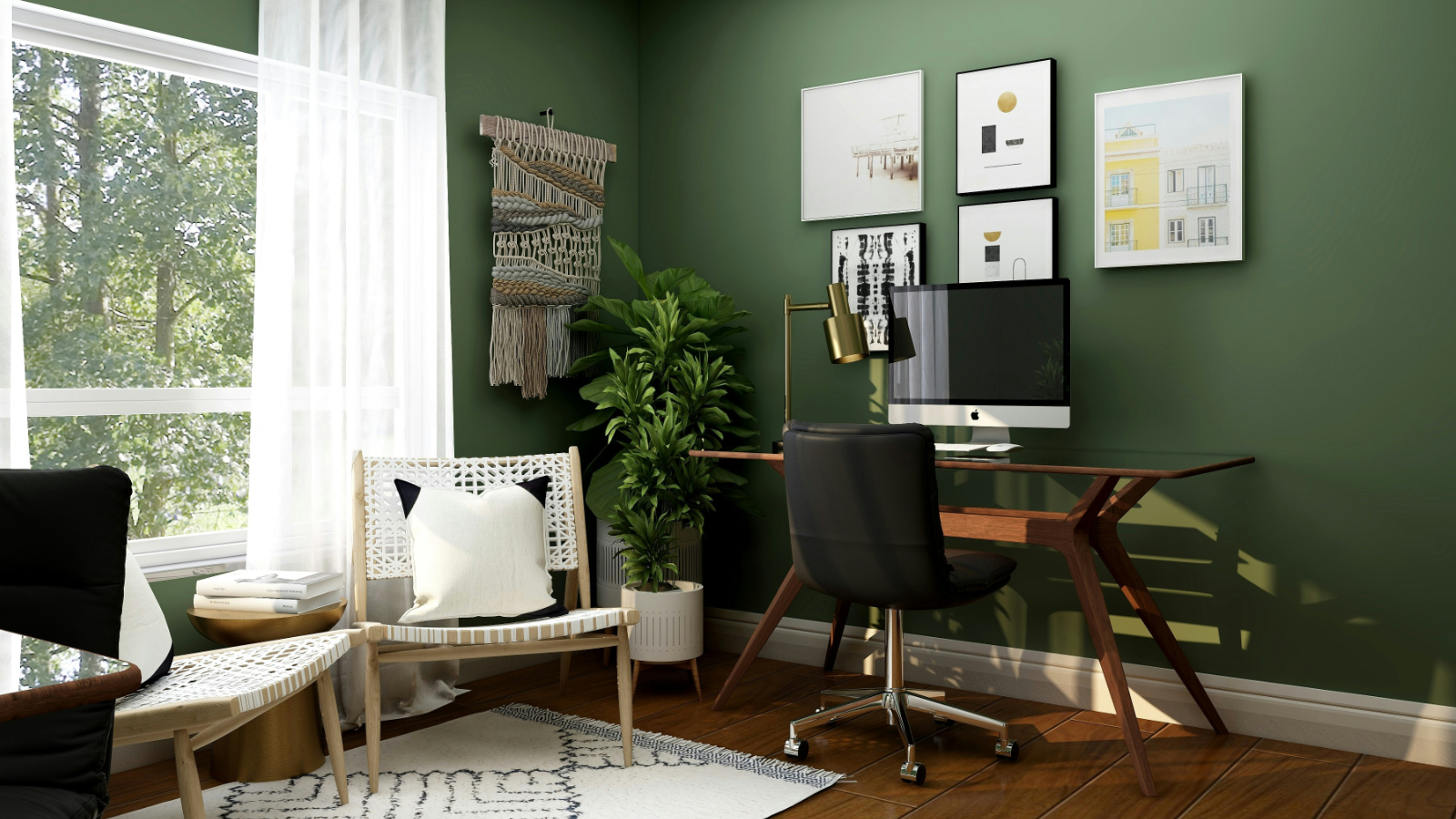If you are a small business owner, you are likely to constantly be balancing day-to-day operations while keeping a keen eye on cash flow. With aspirations for growth on the horizon it is imperative to understand where to save on taxes.
Mastering a few fundamental concepts will enable you to identify which expenses qualify as tax-deductible, allowing you to navigate your finances efficiently and optimize your tax position. Before delving into the specifics of ‘what expenses can I put through my business?’, let’s explore some key concepts.
What exactly does ‘tax-deductible’ mean?
In UK tax law, the term ‘tax-deductible’ (or ‘allowable for tax’) relates to expenses that a business can subtract from its taxable income when calculating its tax liability. By subtracting these expenses, the taxable profit diminishes, resulting in a reduced tax bill.
However, not all expenses qualify as tax-deductible. They must meet certain criteria, such as being ‘wholly and exclusively’ for business purposes.
Understanding the ‘wholly and exclusively’ rule.
The ‘wholly and exclusively’ rule serves as a critical guideline when claiming tax-deductible expenses.
According to this rule:
For an expense to be eligible for tax relief, it must be entirely and exclusively for the purpose of conducting your business and deemed necessary for its operations. In simpler terms, only costs directly associated with your business activities and devoid of any personal benefit can be claimed as tax deductions.
Adhering to this rule ensures accurate accounting of legitimate business expenses, reducing the risk of penalties or complications arising during tax assessments.
Let’s start with the basics by examining five examples of allowable tax-deductible expenses:
Office supplies: Expenditures on essential office supplies like stationery, printer ink, and paper.
Travel expenses: Costs related to business travel, including fuel, public transportation fares, and accommodation, provided they are exclusively for business purposes.
Professional services: Fees paid to professionals such as accountants, lawyers, or consultants for services directly linked to your business activities.
Marketing and advertising: Costs associated with marketing and advertising, including website development, print ads, and online advertising.
Business insurance: Premiums paid for insurance coverage specific to your business operations, such as liability insurance or professional indemnity insurance.
Now let’s examine expenses that do not qualify as tax-deductible:
Personal expenses: Costs purely of a personal nature, such as personal groceries, clothing, or residential rent.
Non-business entertainment: Expenditures incurred for non-business-related entertainment, such as tickets to sporting events or social gatherings unrelated to your business activities.
Fines and penalties: Any fines, penalties, or legal fees arising from non-compliance with laws or regulations.
Capital expenditures: Expenses associated with acquiring or improving assets that possess long-term value for your business, such as purchasing property or major renovations. While these may not be fully deductible in the year of purchase, they may be eligible for capital allowances.
Private use of assets: If you use assets for both business and personal purposes, such as a vehicle or computer, you can only claim the portion of expenses directly attributable to business use. Expenses solely for personal use are non-deductible.
Staying updated on relevant regulations is essential when claiming business expenses. If you want to ensure that you are meeting company accounting commitments correctly and wish to seek professional advice, please speak with a member of the CB Reid team who will be able to advise you accordingly.

